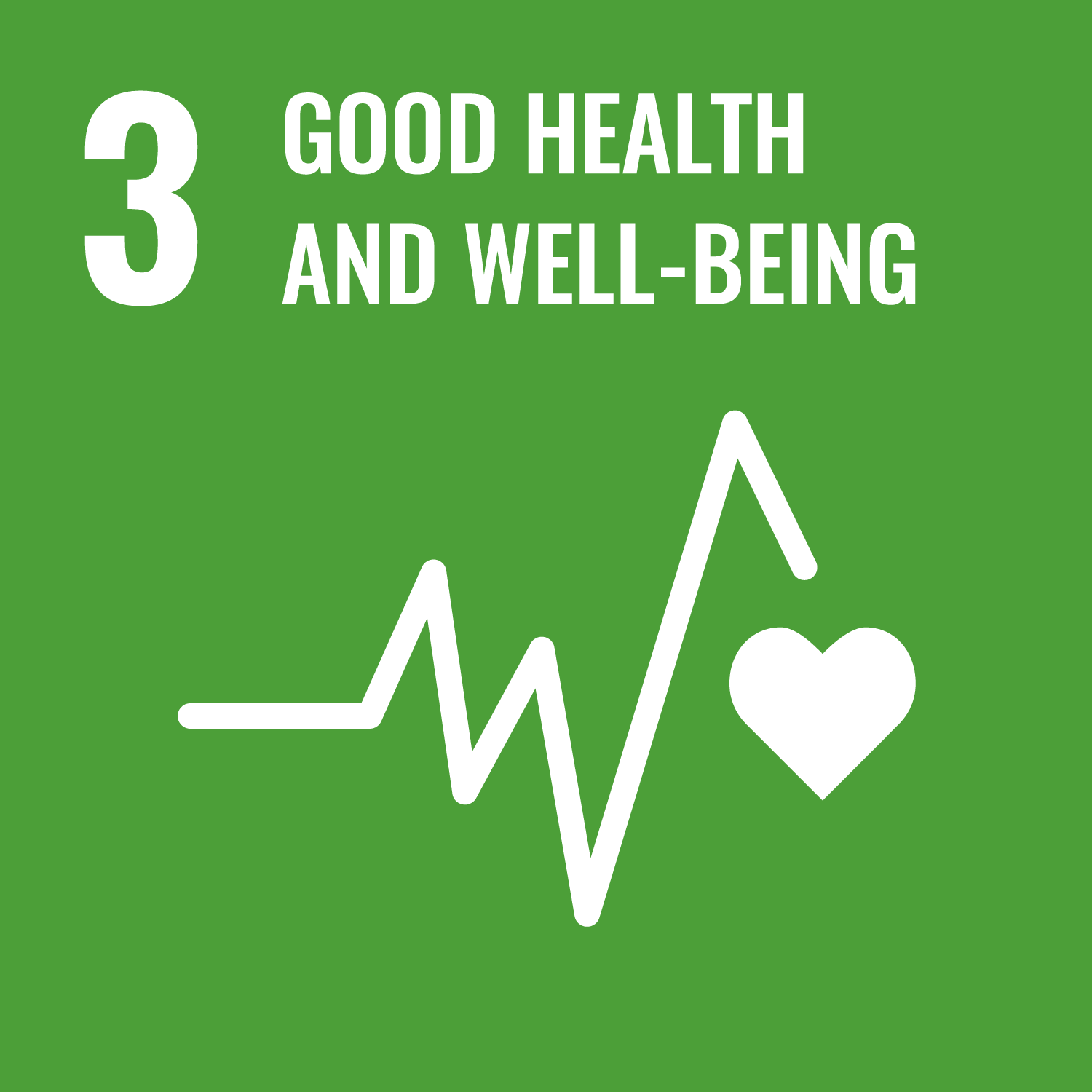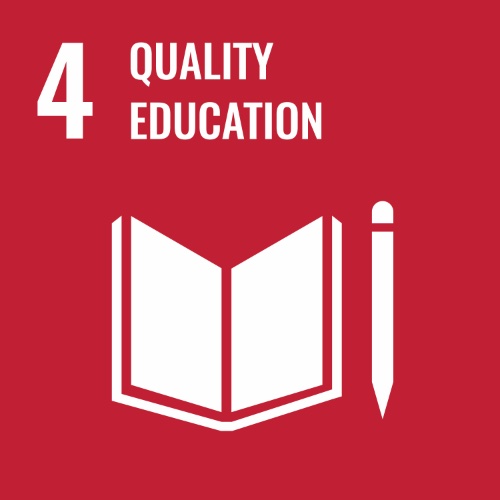This report demonstrates the ways in which LGBT youth are multiply marginalised in Vietnamese society. Opening with an anecdote that highlights the negative mental health impacts of widespread societal discrimination and enforced invisibility, the report provides an overview of the context of Vietnam, looking at socio-cultural norms and representation in the media. The report emphasises the ways negative media coverage impacts the mental health of young LGBT people in Vietnam: multiple cases of attempted suicide feature in the report.
The report highlights the ways Confucianism continues to play a role in the shaping of modern Vietnamese society, including family, media, policy and educational institutions. The overarching theme of the article points to the constant and multiple ways in which LGBT youth are mis-recognised: in their families, in education systems and in the media. The heteronormative framing of these institutions has negative psychological consequences for LGBT youth who feel invisible and excluded.
The paper moves into recommendations for ways to move forward drawn from interviews. Interviewees recommend, for instance, changes to laws; the importance of education; focusing on sexuality to challenge heteronormativity, homophobia and heterosexism; and moving away from the ‘othering’ of the LGBT community.








